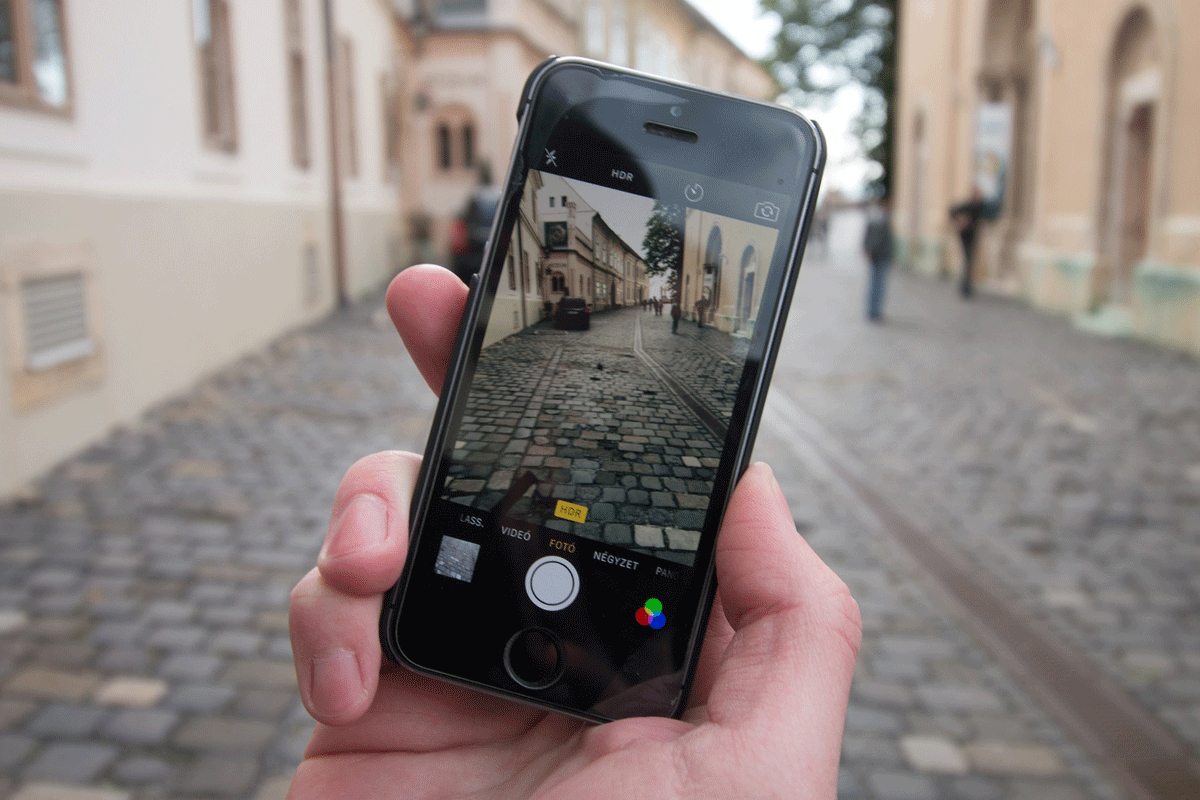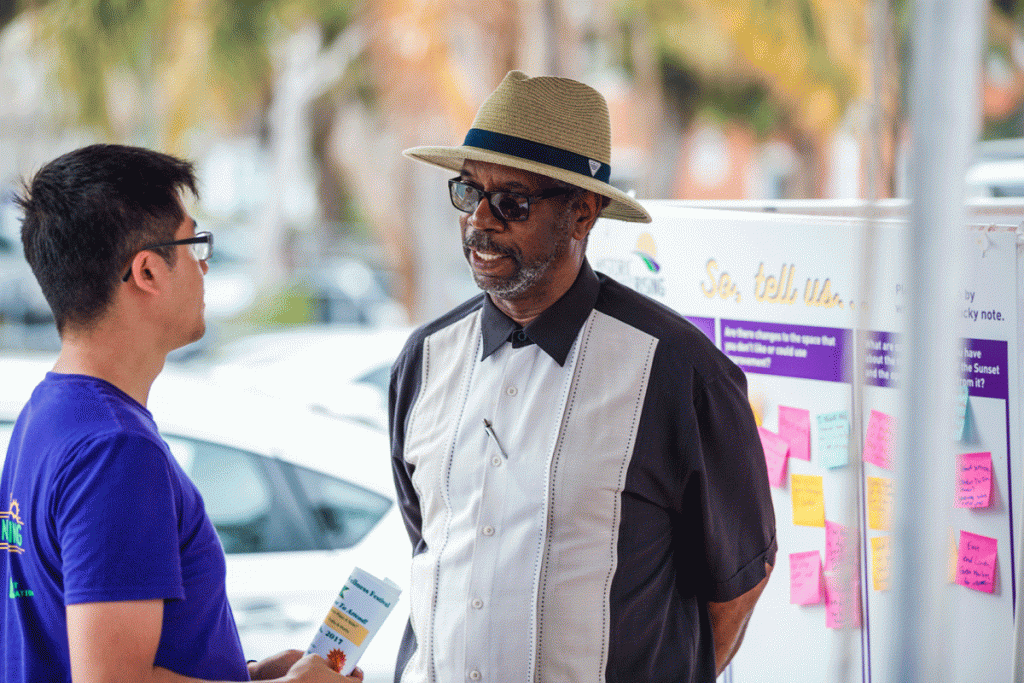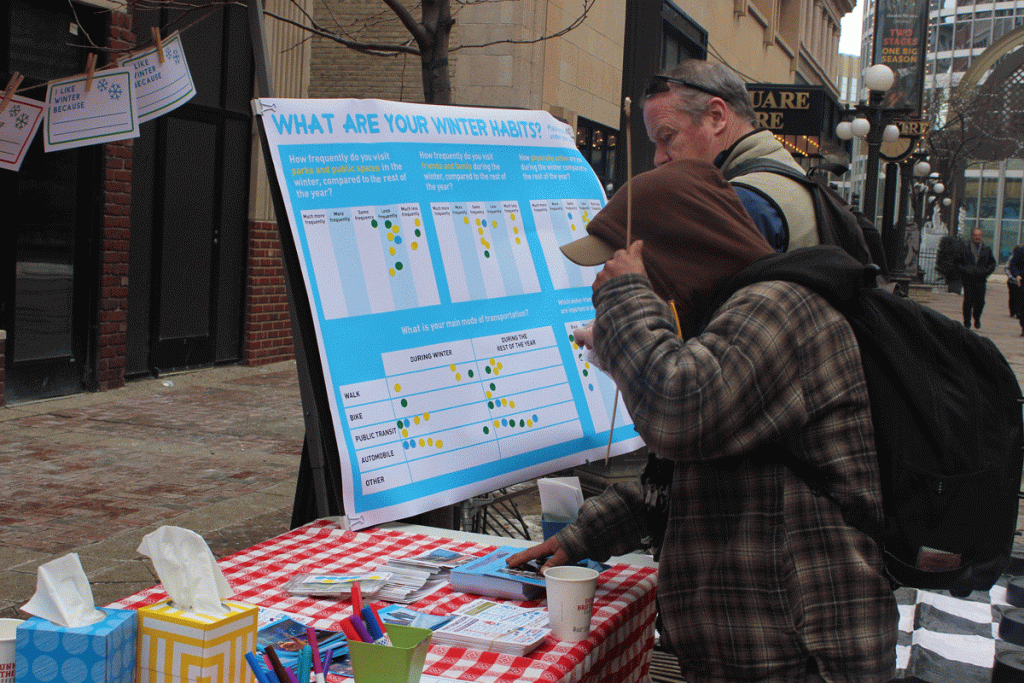
30 Nov Who Said What Now? Volume 1
Bill Gates is investing $80 million dollars to build a new smart city in the deserts of Arizona. 25,000 acres of land will become the city of the future. We’re talking high-speed public Wi-Fi, autonomous cars and vehicles, automated logistics hubs, and data centres. I’m not sure what an automated logistic hub is, but I’m assured by people speaking in the breathy, awed tones that only visions of self-driving cars inspire, that automated logistic hubs are the best, the absolute best! According to these people, the future is finally here…almost. Cities are broken, and technology is going to save the day. Google, Bill Gates, and Elon Musk will lead the way to our salvation. Rejoice and hallelujah!
At 8 80 Cities, we’ve noticed an alarming trend over the past 18 months. As a team we’ve visited over 30 cities in that time, attended and spoken at over a dozen conferences and worked on three continents. Everywhere we go, buzzwords like civic technology and smart city (a term that seems to encompass anything vaguely related to data collection) are dominating conversations about active transportation, sustainable mobility, urban design, and affordable housing. It seems no panel discussion on anything related to cities these days is complete without someone touting the benefits sure to be reaped by cities who adapt first and place technology at the centre of everything in the public realm.

Suffice it to say, we’re a little skeptical of this approach. On many of our projects, we are advocating for and working towards putting people, rather than space, at the centre of everything cities do. Over the past 18 months, that conversation has been hijacked by visions of autonomous vehicles and smart traffic lights, and faster than you can say ‘underground hyperloop’, technology has replaced space as the focal point and people are once again regulated to afterthoughts. This isn’t simply an issue of urban design conversational waters being muddied. At best it’s nothing more than a distracting sideshow, but at worst, these tech-worshipping sermons can cause incredible damage.

Our world is more urban today than at any other time in recorded history, and cities are struggling to adapt. We’re constantly hearing about the problems; a lack of affordable housing, traffic congestion, and rising levels of physical inactivity and attendant health issues, just to name a few. Smart cities promise to do away with all that and save us a boatload of cash to boot. The much greater problem is that we already know the remedies to address these urban maladies. Accessible, affordable public transit, integrated separated cycling networks and well-maintained sidewalks will do wonders for that case of congestion you’ve come down with. Inclusionary zoning policies, density bonuses for increasing rental housing stock and most of all, government built social housing will help cool that housing market and affordability crisis. Trying to get a handle on rising levels of diabetes, cardiovascular disease and other lifestyle-related diseases? Adopt mixed-use policies that place residents within walking distance of where they work, where they shop, and where they play. Prioritize parks and recreation centres over highways and tax breaks. Commit to a Vision Zero transportation network so that everyone can participate in active transportation. These are the medicines, vaccinations and inoculations our cities need to get back into tip-top shape. We know they work. We know how to make them happen. We can start doing them today. These are the changes and transformations cities should be focusing on, not expensive technology that is untested, and unproven. Every time cities are told that the solutions to their problems lie with only technology, we move further away from implementing solutions already within our grasp.
None of this is to say that we should shun technology and start burning our smartphones (On second thought, I can get behind burning all the smartphones). Civic tech can be a useful tool for gathering data and better understanding micro-climates of public space. Garbage cans with sensors that tell city staff how full they are and send an alert when they need to empty is a perfect example of how technology can help cities be more efficient and effective in how they deploy their resources. But all the technology in the world won’t create the successful public spaces that attract people to use the garbage cans in the first place. Cities that put all their eggs in the tech basket before upping their sustainable mobility and affordable housing game are putting the cart way before the horse. If companies like Google and tech giants like Bill Gates and Elon Musk are serious about building better cities, then they need to put away their futuristic visions and start throwing their considerable influence behind the solutions that have been proven to work and exist today.



